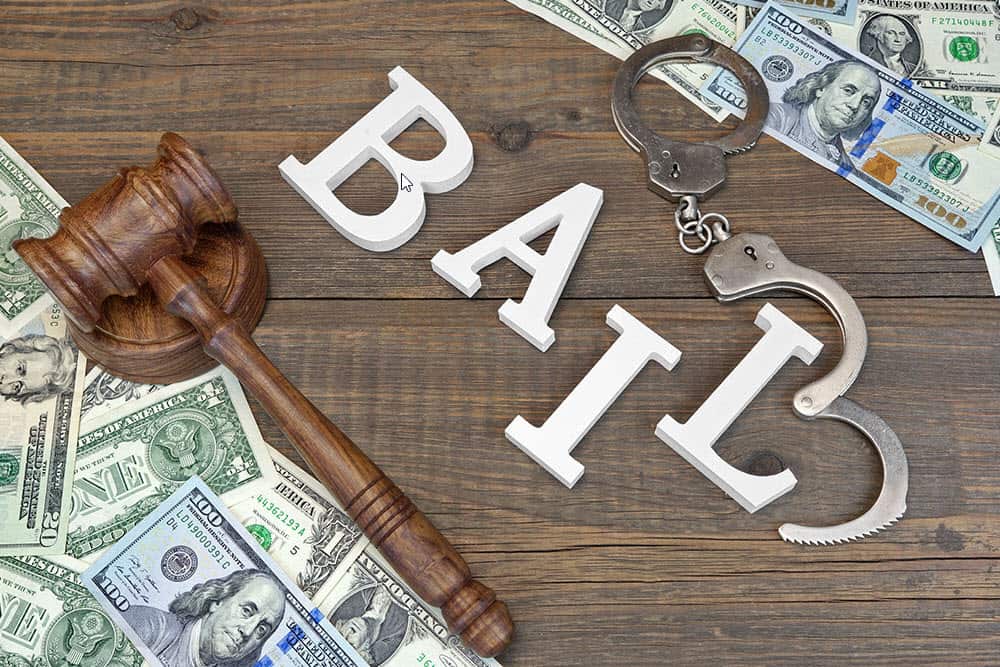How Are Bail Amounts Determined?

When buying anything that has a negotiable price, nobody wants to go for the sticker price. After all, if talking for a few minutes will save you some extra dollars to purchase something else, why not? This is especially the case with pricey commodities like cars and gadgets. Stores have a labeled price and the final price, which is usually the lowest limit they can get.
The latter is usually a confidential price. The final negotiated sales price can land anywhere between the two depending on a buyer's negotiating skills. It also depends on the salesperson's marketing skills and how much they can convince you to make the sale. Additionally, it can be affected by your credit history, and market forces like supply and demand.
Bail Bonds Services pretty much use the same concept. There is the initial amount on the price tag and the negotiated sales price. The former refers to a tentative amount set by the sheriff. In contrast, the negotiated amount is the final amount set by a judge after reviewing all aspects of the case. Arizona DOES NOT have such a document from California, but the theory still stands.
Fortunately, the bail bondsman at Didn't Do It Bail Bonds have locations in Phoenix, Mesa, and Tucson that are available 24/7 to assist you. We can help with the 'price tag' amount and 'negotiated price' for all bail bonds in Arizona.
After a suspect's first appearance in court after being arrested, the judge proceeds to set a bail amount. This first appearance could either be an arraignment or bail hearing. Whichever the case, judges are known to set bail following standard practices. Non-violent petty crimes will, for example, attract a $500 bail bond. On the other hand, if bodily injury or death occurs, the bail bond is usually set to $10,000-$50,000.
Based on the circumstances of individual cases and the situation when the misdemeanor happened, the judge could lower or raise the standard bail bond. He could also waiver the bail altogether and grant release on the defendant's "own recognizance".
Can You Negotiate Your Bail Bond?
Buying a negotiable good without bargaining means you'll have to pay the amount stated on the price tag. To avoid the same scenario after an offense, get in touch with your Didn't Do It Bail Bonds bondsman. To get out of jail, you must first commit to the bonding company by paying a bail bond premium. This is a proportion of the amount on the bail bond 'price tag', usually 10%, as per Arizona law regulations.
Not only with the bail bond premium, sure your immediate release from jail, but it will also bring resources close to you. You have access to all resources and knowledge of the bonding company.
As a rule of thumb, the bail on 'price tag' is determined by two primary factors: The defendant's criminal record and, without a doubt, the gravity of the crime committed. Research has, however, shown that this has had effects contrary to the expectation of many. Previous offenders and those who commit severe crimes have a higher chance of appearing at trial. Luckily for many, the 'sticker price' uses a different approach.
Factors that Determine the 'Negotiated sales price'.
Within three days, magistrates and judges review inmate files and, based on several factors, reconsider the bail amount. These include:
Defendant's financial empowerment.
The role that they play in the community.
Level of threat they pose to the community.
Ability to travel.
The good news is that an experienced attorney can represent you in arraignment and secure a lower bail bond. Being in jail can be emotionally weighing, which is where we come in. At Didn't Do It Bail Bonds, we put all our efforts into getting you out of jail before and even after an arraignment. Call one of our local offices and fill a Bond Form to get done with the paperwork even before an agent meets you. This guarantees speed, and you no longer have to spend hours and hours waiting to get out of jail.
Contact us today at (602) 626-5214 for a free consultation!
My name is Darrel Luth and I am the proud owner of Didn't Do It Bail Bonds. I am a retired Marine and served my Country proudly. I have been in the bail bond business for over 6 years and am one of the most successful bail bondsmen in Arizona. I attribute my success to hard work, integrity, and treating my clients with respect.